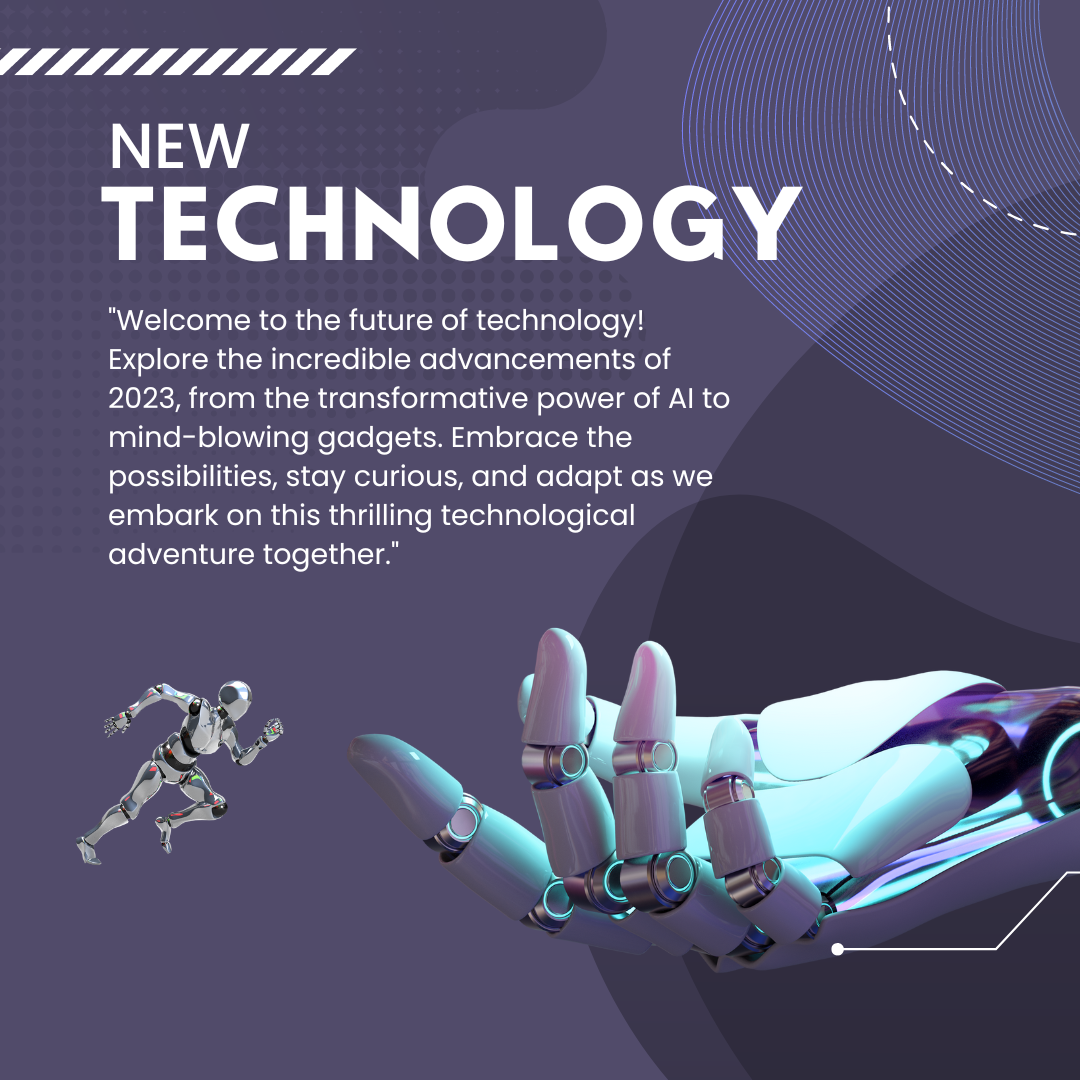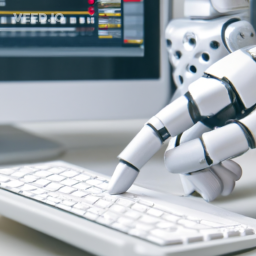Quantum Computing: The Future of Computing

Computing technology has advanced significantly over the past few decades, but one area that has yet to fully emerge is quantum computing. Traditional computing relies on binary digits (bits) that are either 0 or 1 to perform calculations, whereas quantum computing uses quantum bits (qubits) that can be 0, 1, or both at the same time. This difference allows quantum computing to perform certain calculations much faster than classical computing. In this blog, we’ll explore what quantum computing is, its potential applications, and the challenges that still need to be overcome.
What is Quantum Computing?
Quantum computing is a type of computing that uses qubits instead of bits. Qubits are the basic unit of quantum information and can represent both 0 and 1 at the same time, allowing for multiple calculations to be performed simultaneously. This makes quantum computing much faster than classical computing for certain problems.
Quantum computing can be classified into two main categories: analogue and digital. Analogue quantum computers are used for solving continuous optimization problems, while digital quantum computers are used for discrete optimization problems.
Applications of Quantum Computing
Quantum computing has the potential to revolutionize a variety of fields, including finance, medicine, and cryptography. Here are some of the most promising applications of quantum computing:
1.Optimization problems: Quantum computing can be used to solve complex optimization problems much faster than classical computers. This can be used in fields like finance and logistics, where finding the best solution to a problem is critical.
2.Cryptography: Quantum computing can be used to break many of the existing cryptographic algorithms, which rely on the difficulty of factoring large numbers. Quantum computing can factor large numbers quickly, making these algorithms vulnerable.
3.Chemistry and Materials Science: Quantum computing can be used to simulate the behavior of atoms and molecules, allowing for the development of new materials and drugs.
4.Machine Learning: Quantum computing can accelerate certain machine learning algorithms, allowing for faster training of models and more accurate predictions.
Challenges in Quantum Computing
While quantum computing has the potential to transform many industries, there are still many challenges that need to be overcome. One of the biggest challenges is developing stable qubits that can maintain their quantum state for a long time. Another challenge is developing quantum error correction techniques to ensure that the calculations are accurate.
In addition, quantum computing is still in its infancy and is not yet practical for most applications. The quantum computers that exist today are still relatively small and expensive, making them impractical for most businesses.
Conclusion
Quantum computing has the potential to revolutionize many industries, but it is still in its early stages of development. Despite the challenges that need to be overcome, the progress made in quantum computing over the past few years is significant. As researchers continue to make advancements in the field, we can expect to see more practical applications of quantum computing in the near future.
Similar Posts
What Is The Best Way To Become a Developer
Becoming a developer can be a challenging but rewarding career path. As technology continues to advance and new programming languages […]

Exploring the Exciting New Technology of 2023: Welcome to the Future!
New technology 2023 Hey there, tech enthusiasts! Are you ready to dive into the world of cutting-edge technology and discover […]

Chat GPT: Revolutionizing Engineering Communication and Problem-Solving
Introduction In today’s fast-paced world, communication and problem-solving are vital aspects of the engineering field. Engineers often collaborate with colleagues, […]


Leave a Reply